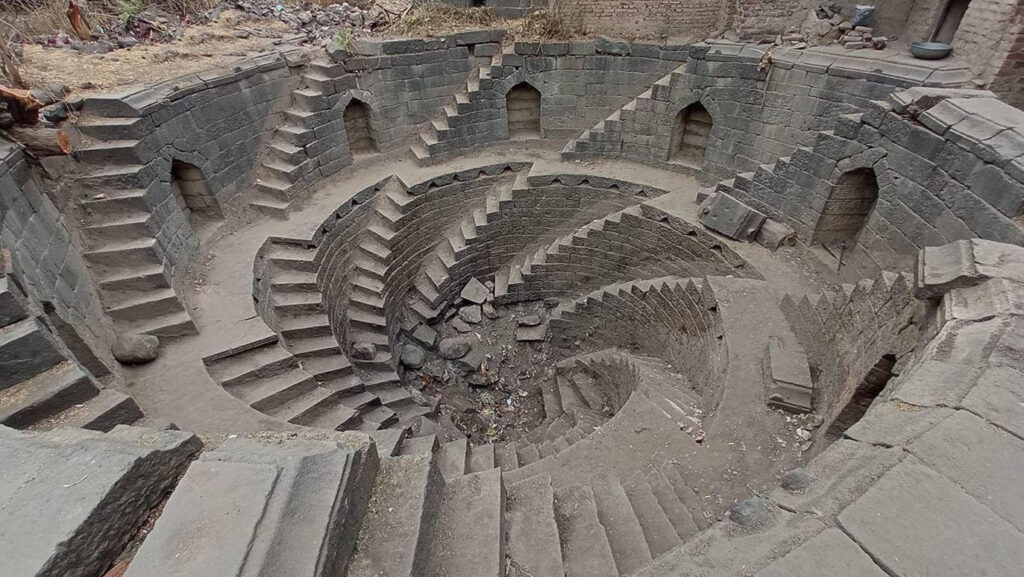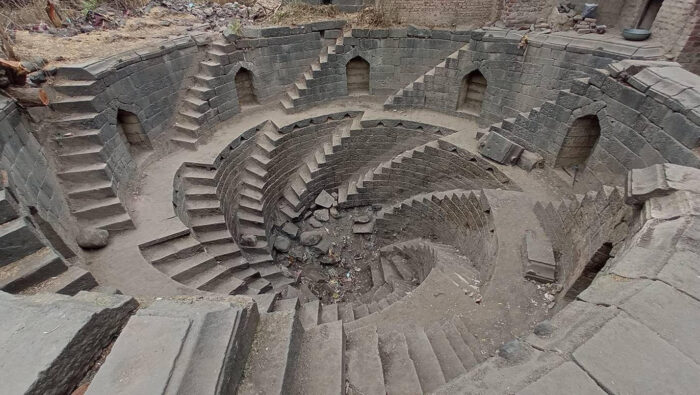The Rés-EAUx Association is very pleased to announce the launch of a new series of political ecology of water seminars, organized by Émilie Crémin, Raphaëlle Segond, Oméya Desmazes, and Johan Krieg.
Abstract: From the institutional processes that organize its management (Bakker, 2003) to the social mobilizations that redefine its contours and meanings (Perreault, 2014), water—objectified in its elemental dimension (H₂O) or elevated to the status of a river goddess—reveals itself to be a mirror of societies (Aubriot, 2003). The failures of numerous “traveling models” (Olivier de Sardan, 2021), ill-suited to local specificities (Ostrom, 2007), underscore the importance of taking into account the cultural and political foundations that shape hydrosocial territories (Linton & Budds, 2014). In this context, a central question runs through this seminar: what role does dialogical multiplicity—understood as the coexistence and confrontation of divergent conceptions of water—play in the conceptualization, implementation, and reception of water governance mechanisms?
To shed light on this issue, the discussions will be structured around three main themes:
- Conflicts between resources, actors, and uses: spaces where divergent visions and contradictory interests clash, revealing the political dimension of water governance.
- The historical trajectories of governance models: analysis of continuities, ruptures, and hybridizations over time, highlighting the transnational circulation of models and their local reappropriation.
- The role of knowledge: study of the coexistence and friction between knowledge regimes (vernacular, scientific, and legal knowledge), and their role in the construction of legitimacy. Adopting an interdisciplinary and multi-scalar perspective, the seminar aims to move beyond the simple North/South divide by examining the circulation, hybridization, and reappropriation of models, as well as the local resistance and innovation that give rise to situated governance.
The first session, entitled “Water, Climate and Power: Between International Diplomacy and Democratic Coalition,” will be held on Thursday, November 27, 2025, from 5:30 p.m. to 7:30 p.m. (CET), via videoconference.
This discussion will focus on how climate change is redefining global water governance, navigating between security imperatives and democratic demands.
For this we will have the pleasure of welcoming:
-
Ashok Swain (Uppsala University), Professor and Head of the Department of Peace and Conflict Research, UNESCO Chair on International Water Cooperation, and Director of the Research School of International Water Cooperation
-
Pasang Yangjee Sherpa (University of British Columbia), Assistant Professor of Lifeways in Indigenous Asia
Register for the seminar, Thursday, November 27, 2025, from 5:30 p.m. to 7:30 p.m. (CET), via videoconference: https://unil.zoom.us/meeting/register/ya1UGqSfQ06yN0n4WSf82Q
L’Association Rés-EAUx est très heureuse d’annoncer le lancement d’un nouveau cycle de séminaires d’écologie politique de l’eau, organisé par Émilie Crémin, Raphaëlle Segond, Oméya Desmazes et Johan Krieg.
Présentation : Des processus institutionnels qui organisent sa gestion (Bakker, 2003) aux mobilisations sociales qui en redéfinissent les contours et les significations (Perreault, 2014), l’eau — objectivée dans sa dimension élémentaire (H₂O) ou élevée au rang de déesse fluviale — se révèle être un miroir des sociétés (Aubriot, 2003). Les échecs de nombreux « modèles voyageurs » (Olivier de Sardan, 2021), inadaptés aux spécificités locales (Ostrom, 2007), soulignent l’importance de prendre en compte les ancrages culturels et politiques qui façonnent les territoires hydrosociaux (Linton & Budds, 2014). Dans ce contexte, une question centrale traverse ce séminaire : quelle place la multiplicité dialogique — entendue comme la coexistence et la confrontation de conceptions divergentes de l’eau — occupe-t-elle dans la conceptualisation, la mise en œuvre et la réception des dispositifs de gouvernance de l’eau ?
Pour éclairer cette problématique, les échanges s’articuleront autour de trois axes :
- Les conflictualités entre ressources, acteurs et usages : espaces où s’affrontent visions divergentes et intérêts contradictoires, révélant la dimension politique de la gouvernance de l’eau.
- Les trajectoires historiques des modes de gouvernance : analyse des continuités, ruptures et hybridations dans le temps, mettant en évidence la circulation transnationale des modèles et leur réappropriation locale.
- La place des savoirs : étude des cohabitations et frictions entre régimes de connaissance (savoirs vernaculaires, scientifiques, juridiques), et de leur rôle dans la construction de légitimités. Inscrit dans une perspective interdisciplinaire et multiscalaire, le séminaire entend dépasser la simple opposition Nord/Sud en examinant les circulations, hybridations et réappropriations des modèles, mais aussi les résistances et innovations locales qui donnent naissance à des gouvernances situées.
La première séance, intitulée « Water, Climate and Power: Between International Diplomacy and Democratic Coalition », se tiendra le jeudi 27 novembre 2025, de 17h30 à 19h30 (CET), en visioconférence.
Cette discussion portera sur la manière dont les transformations climatiques redéfinissent la gouvernance mondiale de l’eau, entre impératifs sécuritaires et revendications démocratiques.
Nous aurons pour cela le plaisir d’accueillir :
-
Ashok Swain (Uppsala University), Professor and Head of the Department of Peace and Conflict Research, UNESCO Chair on International Water Cooperation, and Director of the Research School of International Water Cooperation
-
Pasang Yangjee Sherpa (University of British Columbia), Assistant Professor of Lifeways in Indigenous Asia
Inscriptions au webinaire, jeudi 27 novembre de 5h30 à 19h30, 2025 (CET), via vidéoconférence: https://unil.zoom.us/meeting/register/ya1UGqSfQ06yN0n4WSf82Q

27th of November 2025 – 5:30 p.m. to 7:30 p.m. (CET), via videoconference: https://unil.zoom.us/meeting/register/ya1UGqSfQ06yN0n4WSf82Q

Laisser un commentaire